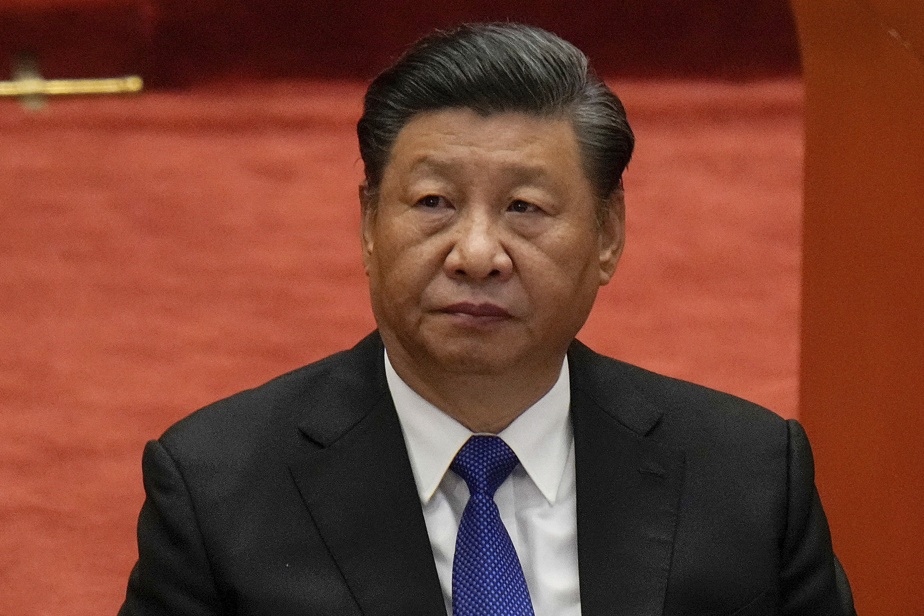
(Wellington) Chinese President Xi Jinping on Thursday warned of a return to Cold War-like tensions in the Asia-Pacific region, urging greater cooperation to emerge from the crisis posed by the COVID-19 epidemic and fight climate change.
In the midst of growing tensions with the United States over Taiwan, G said all countries in the region should work together on common challenges, somewhat offset by the surprising Beijing-Washington climate deal.
During a virtual conference on the sidelines of the Asian Economic Cooperation summit, he said, “Attempts to draw ideological lines or create small groups based on geopolitics will end in failure.” “The Asia-Pacific region cannot return to the conflicts and divisions of the Cold War.”
The Chinese president called for joint efforts to move closer to joint immunity by making vaccines accessible to backward countries.
“Vaccines need to translate the consensus of the global public good into concrete measures to ensure their fair and equitable distribution,” he said.
G said countries should increase cooperation in vaccine research, production, testing and mutual recognition, “to get out of the shadow of the epidemic and achieve a sustainable economic recovery quickly.”
On Wednesday, China and the United States announced the “Joint Report on Strengthening Climate Action” in COP26 in Glasgow (UK), which is an important part of the Biden administration’s view of the possibilities for cooperation between the two countries.
“We can all go on the path of green, low carbon and sustainable growth,” President G said without explicitly referring to the agreement.
“Together, we can lead to a future of green growth,” he said.
He assured that China would continue to engage in “promoting a win-win cooperation” and that it would contribute to the “economic growth of the Asia-Pacific region.”
At a time when tensions are rising in the Asia-Pacific region, the agreement on global warming came ahead of next week’s virtual talks between G and US President Joe Biden.
Beijing has stepped up its military operations near Taiwan, an autonomous island claimed by China.
In early October, a record number of aircraft entered the island’s air defense identification zone (Adiz).
US Secretary of State Anthony Blingen said on Wednesday that the United States would ensure that Taiwan defended itself against “attempts to forcibly destabilize the current situation.”
Rejecting the competing claims of Brunei, Malaysia, the Philippines, Taiwan and Vietnam, China is claiming ownership of almost every resource-rich South China Sea, where billions of dollars pass through maritime trade each year.
In this context, the United States, Great Britain and Australia sealed in September a defense alliance allowing Australia to acquire nuclear-powered submarines using US technology.
Although delivery was not expected for many years and China was not explicitly quoted, the announcement angered Beijing and, individually, provoked a major diplomatic incident with France.





